
The first high-tech components of the ESS (European Spallation Source) project, currently under construction at the Lund site, were inaugurated on 15 November, during the Italian State visit to Sweden, in the presence of the President of the Republic Sergio Mattarella, and the sovereigns of Sweden, King Karl XVI Gustaf and Queen Silvia. These components are the ion source of the future accelerator and of the Low-Energy Beam Transport line (LEBT), the approximately two and a half metres long section that couples the ion source to the subsequent sections of the accelerator under construction. The source and the LEBT were built at the INFN Southern National Laboratories (LNS). Delegations from both countries attended the inauguration ceremony. Among those present were the Swedish Minister of Higher Education and Research, Helene Hellmark Knutsson, Ricardo Antonio Merlo, Secretary of State of the Italian Ministry of Foreign Affairs and International Cooperation, representatives of the scientific community, including the Director-General of ESS, John Womersley, and the Vice President of INFN, Speranza Falciano, representing the two institutions involved in the event, who gave a presentation on the impact of ESS for European science. We talked about the results achieved and, in general, about the ESS project with Santo Gammino, ESS coordinator for Italy and researcher at the INFN Southern National Laboratories.
What will the European Spallation Source be?
ESS will be a multidisciplinary research centre based on the most powerful high-intensity linear proton accelerator ever built, which will produce neutrons for use in cutting-edge scientific research in a variety of fields, from new materials to energy, from health to the environment, from life sciences to cultural heritage.
...
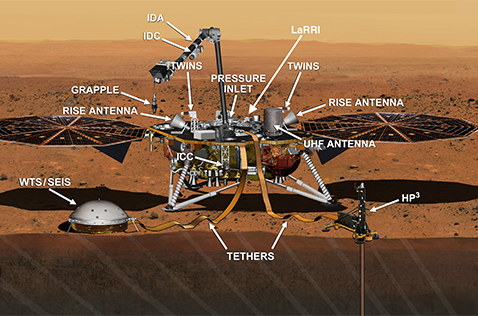
On 26 November at 8:54 pm, the NASA lander Insight landed on Martian soil, taking a bit of Italy to the Red Planet. On board, in fact, there is LaRRI (Laser Retro-Reflector for Insight), a laser micro-reflector developed by the INFN Frascati National Laboratories with the support of the Italian Space Agency (ASI). ...
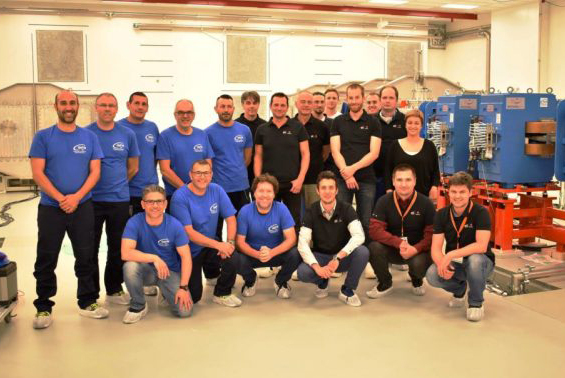
Treating tumours with accelerated particle (ion and proton) beams using non-conventional high-power lasers and plasma technology: this is the scientific and technological challenge that will test the ELIMAIA (ELI Multidisciplinary Applications of Laser-Ion Acceleration) ...

After the launch of Plan S last September, now cOalition S published the guidance for its implementation by 2020. The guidance serves to clarify the Plan S provisions and describes implementation modalities. It also provides responses to questions and comments arising from online discussions and debates on Plan S. ...
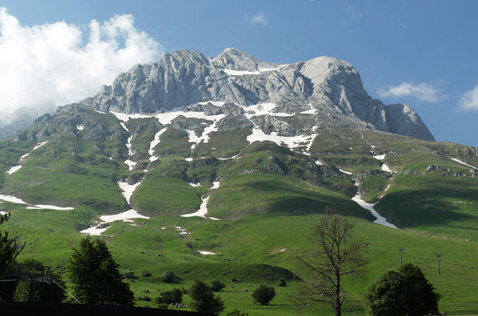
Research within the scope of the study of the interactions between the Gran Sasso aquifer of the and seismic phenomena - conducted by INGV, National Institute for Geophysics and Volcanology, in collaboration with the INFN Gran Sasso National Laboratories and the Department of Civil and Environmental Engineering, Building and Architecture (DICEAA) ...
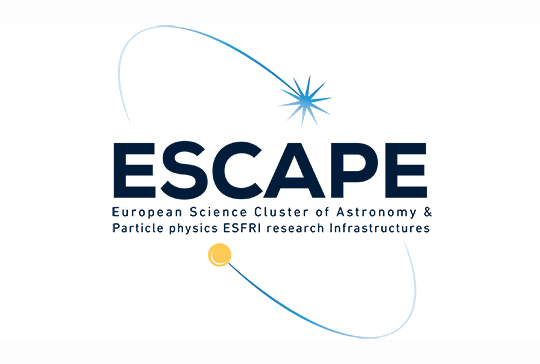
It is called ESCAPE, European Science Cluster of Astronomy & Particle physics ESFRI research infrastructures: it is the project put in place to address the Open Science challenges shared by both the ESFRI (European Strategy Forum for Research Infrastructure) ...
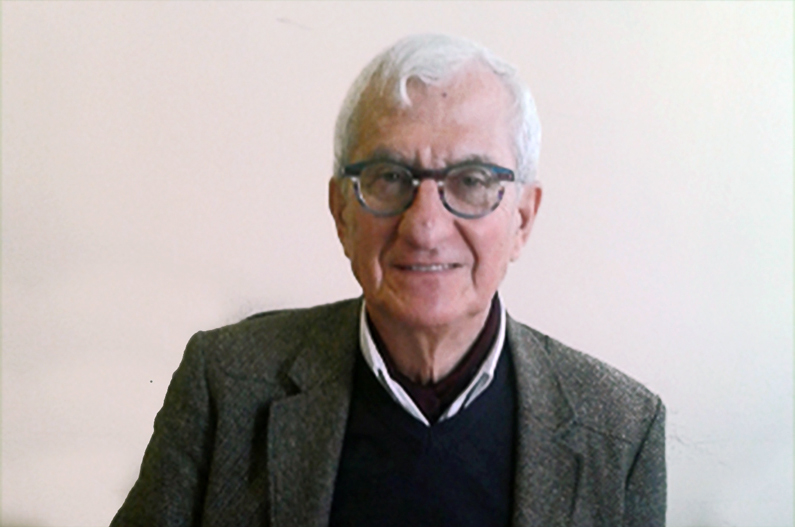
The American Physical Society (APS) has awarded the 2018 DPF (Division of Particles and Fields) Instrumentation Award to Rinaldo Santonico, Honorary Professor at the University of Rome Tor Vergata and researcher at INFN, for the development of Resistive Plate Chambers (RPC, fast single gas gap ...
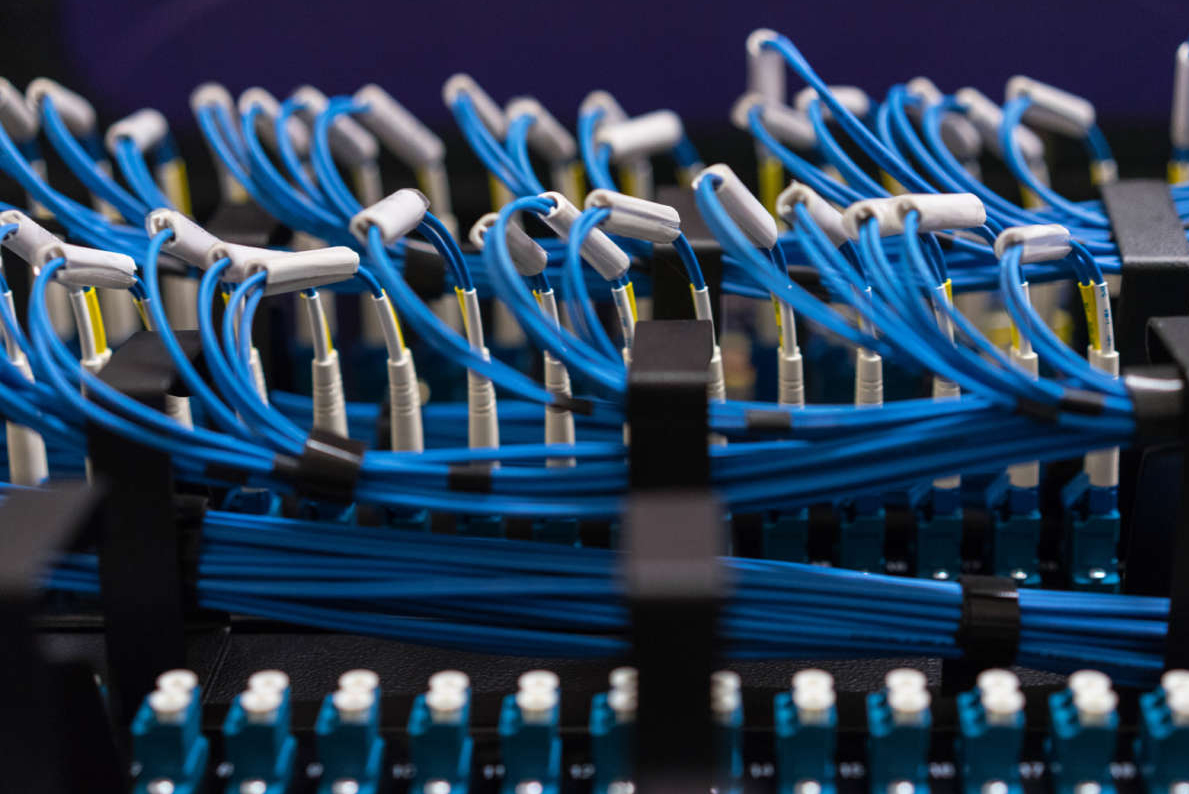 CNAF IS IN THE GLOBAL RESEARCH NETWORK
AT 200 GBPS
CNAF IS IN THE GLOBAL RESEARCH NETWORK
AT 200 GBPS
With an unprecedented speed of 200 Gigabits per second (Gbps), CNAF, the INFN national computing centre, is the first site in Italy to have a connection to the global geographical network, thanks to the GARR research network. The link now allows CNAF to be interconnected with the entire global system of research networks, in particular with CERN in Geneva, where the enormous amount of data from the LHC accelerator is produced, and with the other national centres where the scientific data produced by the experiments is distributed and analysed. In the case of CERN, we are talking about a volume of data exchanged in 2018, to date, equal to 61 PBs, so much as to require a 200 Gbps link, i.e. a capacity over 200 thousand times higher than the average capacity - calculated on the basis of data from the DESI (Digital Economy and Society Index) Report 2018 - of an Internet connection in Italy.
The result is the crowning glory of a series of enhancement interventions which concerned, on the one hand, the national GARR network and, on the other, the availability of storage space and computing power by the INFN. The work on the GARR network has made it possible to create a backbone that currently reaches a total capacity of approximately 3 Tbps, thanks to the doubling of capacity in the connections of its main nodes located in the cities of Milan, Bologna and Rome, nodes that, alone, can now count on a total capacity of 800 Gbps. This was achieved by exploiting the results of the GARR experiment on "alien lambda". ...
cover image:
InSight's First Image from Mars. Credit: NASA/JPL-CalTech
INFN - COMMUNICATIONS OFFICE
comunicazione@presid.infn.it
+39 06 6868162
Coordination:
Francesca Scianitti
Project and contents:
Eleonora Cossi, Francesca Mazzotta, Francesca Scianitti, Antonella Varaschin
Graphic design:
Francesca Cuicchio